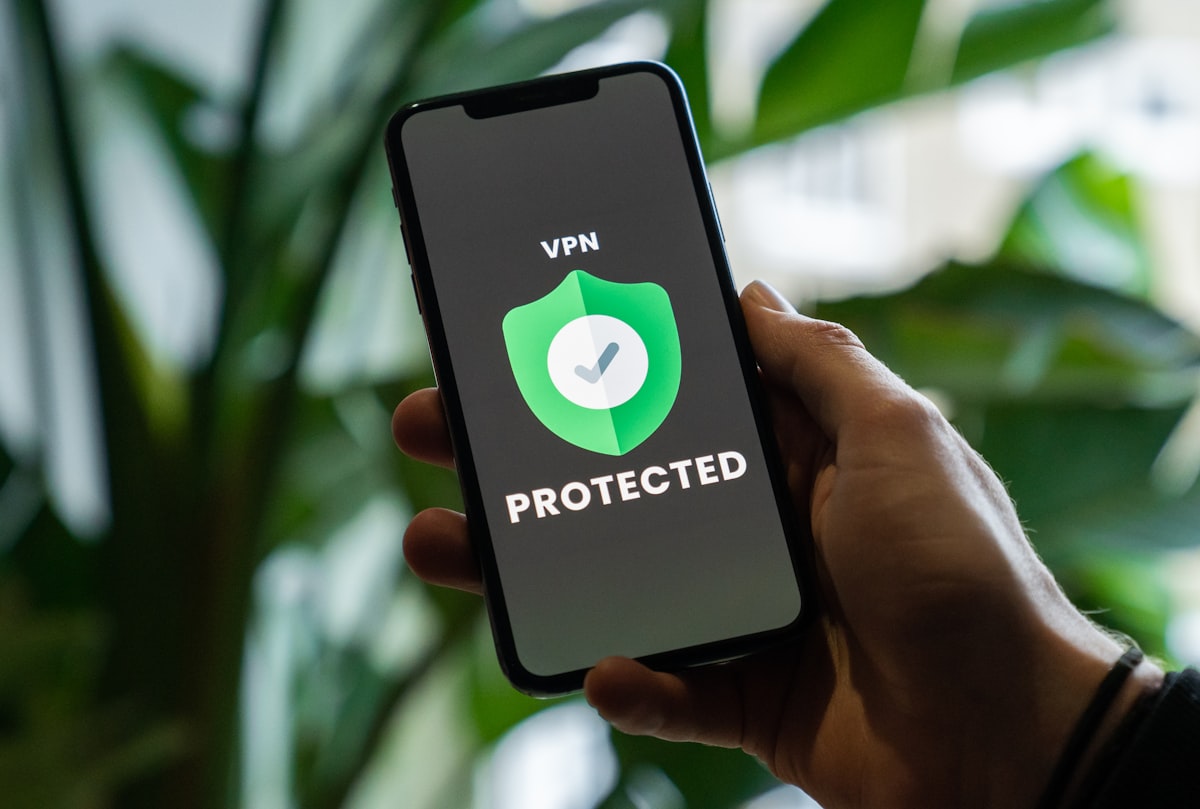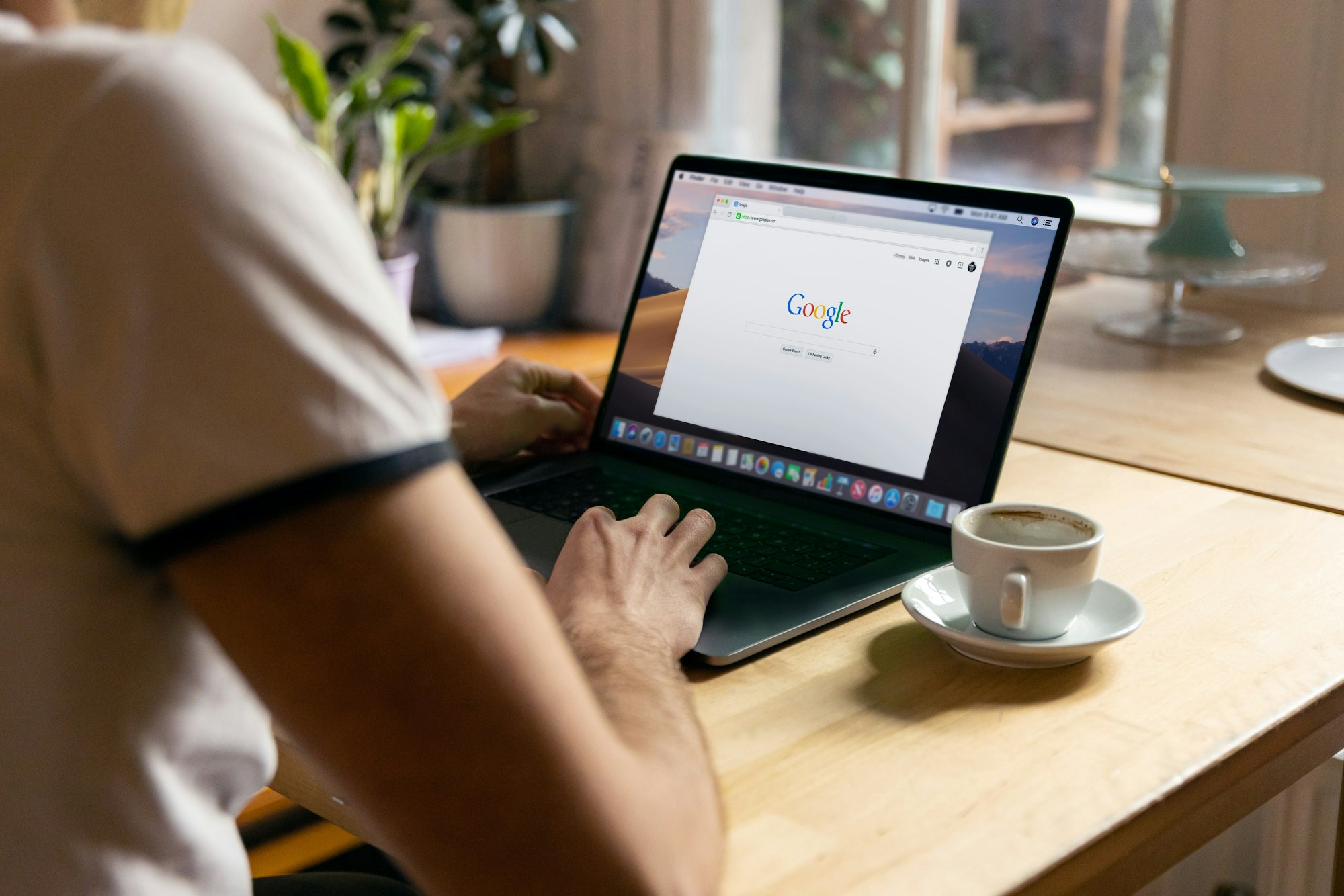What is a VPN and why would I need one?

What is a VPN?
VPN stands for Virtual Private Network - a way to connect securely between your computer and the Internet without exposing your own public IP address and making your activity anonymous (you're not entirely anonymous, but we'll get to that in a second).
When should I use a VPN?
While using Public Wi-Fi

The most common reason to use a VPN is when traveling or being in a public place (like Starbucks, or at an airport) and you want to use the Wi-Fi and nowadays you see that you can access the Wi-Fi without requiring any password. This is what is called public Wi-Fi which anyone can connect to.
This means that a hacker can potentially intercept your activity on the Wi-Fi, like intercepting the keystrokes that you type and this could lead to even stealing your password for your online bank account.
A hacker can also discover things like location, personal and financial information, or worse steal your entire identity.
Besides stealing things, hackers can also infect your computer with either malware or ransomware attack that could infect your computer no longer having access to your data without paying for a decryption key to the hacker (Spoiler: in most cases, even if you pay, you might never recover your data again - that's why backups of your computer/phone are always important).
Get access to shows on streaming services not available in your country

Online streaming services, like Netflix, do not offer their whole collections of TV shows/movies to everyone. People in the US might have access to TV shows that people from Germany don't have access to.
To overcome this issue, connecting to a VPN and switching to a different country will bypass those restrictions.
While browsing in general

Some countries restrict certain websites through censorship and people lose touch with reality so a VPN would help in giving people interested access to uncensored information.
There are also a lot of services out there tracking and collecting our activity on the Internet, so you end up giving a lot of data to these services. Using a VPN will help you avoid getting bombarded by ads.
Another good reason is when browsing for plane tickets or doing shopping online, some websites track your location and once you search for a given destination and you're still not sure if you want to buy that ticket or not, next time you search for the same destination, you'll see a small increase in price and why pay more for something that you haven't booked in the first place?
How can I get a VPN?
There are multiple ways to get a VPN there are two ways:
- paying a subscription for VPN
- host your own VPN
There are advantages and disadvantages to either of the options.
If you go with a VPN for which you pay a subscription to a third-party service that offers you secure access through their servers. My initial point regarding you are not entirely anonymous is that you effectively are trusting the third-party service to keep you anonymous. Most of the VPN services mention that your activity is anonymous, but it's very important to do your research regarding those VPN services and what people are saying about them. There is also a comparison table maintained by the people from Reddit that score each VPN service, from jurisdiction to transparency, etc.
Examples of third-party services offering VPN:
Hosting your own VPN gives you full control over the software that you install and who has access to your data on the server that you install your VPN.
Besides the burden of having to maintain your server, the main problem with traditional VPN software like OpenVPN is that, once you have a secure connection, now your server hosting the VPN (OpenVPN in this example) becomes your public IP address to the Internet. This is fine, given the fact that you hide your public IP address from your current location, but now you are publicly exposing your server to the outside world which can be problematic because now your server can get hacked, so you need to make sure firewall rules are in place and you secure properly your server.
Although OpenVPN and similar software work fine when it comes to connecting to servers that are not publicly available (think of enterprises that hold data they do not want to expose to the public). However, the purpose of this post is more for browsing securely the Internet rather than how to protect your servers.
Fortunately, in the past few years, a new wave of VPN software has emerged: Tailscale, ZeroTier to give a few examples, offers you ways to connect securely and also gives you the control of hosting the software while not exposing the public IP address of your self-hosted servers.
Conclusion
I recommend using a VPN in general and I strongly advise you try it out yourself, either you use a third-party service or you host your own VPN, the choice is up to you.
I do also recommend that you avoid doing any illegal activities while connected to VPN.
Stay safe and stay secure!
